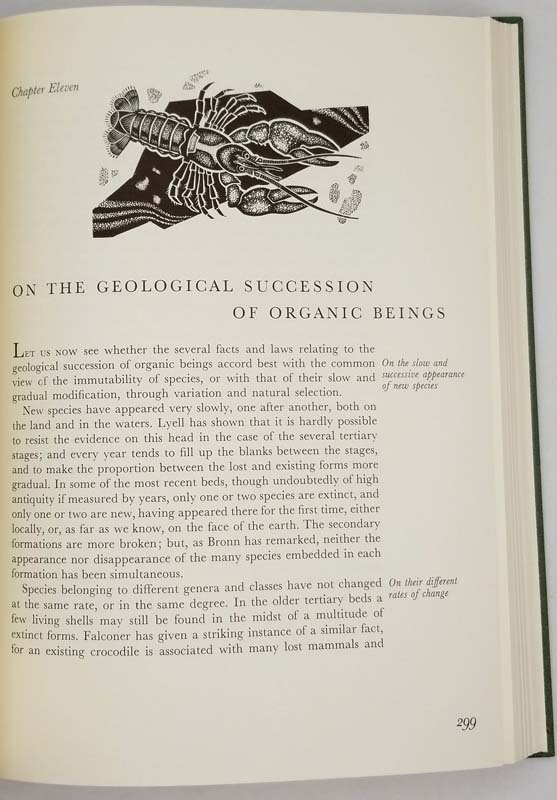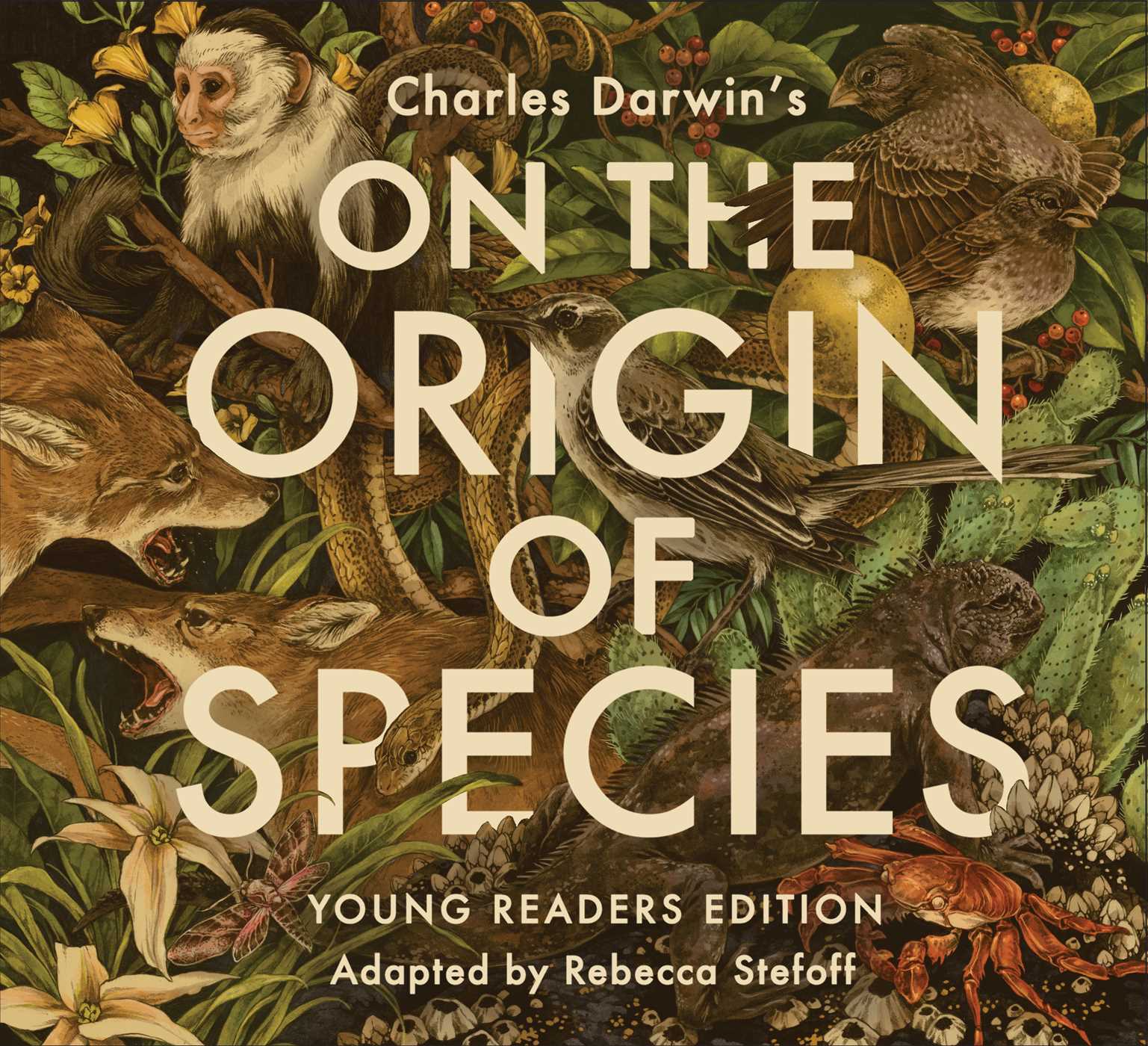

As an example, I have attempted to show how potent has been the influence of the glacial period on the distribution both of the same and of representative species throughout the world.
#ON THE ORIGIN OF SPECIES FULL#
It cannot be denied that we are as yet very ignorant of the full extent of the various climatal and geographical changes which have affected the earth during modern periods and such changes will obviously have greatly facilitated migration. Yet, as we have reason to believe that some species have retained the same specific form for very long periods, enormously long as measured by years, too much stress ought not to be laid on the occasional wide diffusion of the same species for during very long periods of time there will always be a good chance for wide migration by many means.Ī broken or interrupted range may often be accounted for by the extinction of the species in the intermediate regions. We are often wholly unable even to conjecture how this could have been effected. All the individuals of the same species, and all the species of the same genus, or even higher group, must have descended from common parents and therefore, in however distant and isolated parts of the world they are now found, they must in the course of successive generations have passed from some one part to the others. Turning to geographical distribution, the difficulties encountered on the theory of descent with modification are grave enough. There are, it must be admitted, cases of special difficulty on the theory of natural selection and one of the most curious of these is the existence of two or three defined castes of workers or sterile females in the same community of ants but I have attempted to show how this difficulty can be mastered. It is, no doubt, extremely difficult even to conjecture by what gradations many structures have been perfected, more especially amongst broken and failing groups of organic beings but we see so many strange gradations in nature, as is proclaimed by the canon, "Natura non facit saltum," that we ought to be extremely cautious in saying that any organ or instinct, or any whole being, could not have arrived at its present state by many graduated steps. The truth of these propositions cannot, I think, be disputed. Nevertheless, this difficulty, though appearing to our imagination insuperably great, cannot be considered real if we admit the following propositions, namely, that gradations in the perfection of any organ or instinct, which we may consider, either do now exist or could have existed, each good of its kind, that all organs and instincts are, in ever so slight a degree, variable and, lastly, that there is a struggle for existence leading to the preservation of each profitable deviation of structure or instinct. Nothing at first can appear more difficult to believe than that the more complex organs and instincts should have been perfected, not by means superior to, though analogous with, human reason, but by the accumulation of innumerable slight variations, each good for the individual possessor.

I have endeavoured to give to them their full force. That many and grave objections may be advanced against the theory of descent with modification through natural selection, I do not deny. Darwin's final flourish on nature's "entangled bank" is pure poetry.Īs this whole volume is one long argument, it may be convenient to the reader to have the leading facts and inferences briefly recapitulated. Likewise, the recently discovered Tiktaalik, a fossilised amphibian-like fish with lungs, connects the fish with land vertebrates.

Our 3.5 million-year-old ancestor Lucy ( Australopithecus afarensis) is one of a string of "missing links" that took us from common ape ancestor to human. We now know it is around 4.6 billion years old - much more time for transitional forms than even he imagined. Darwin conjectured that the Earth was perhaps millions of years old. He also expresses a hunch that vastly more species exist or have existed than we know - including many transitional forms crucial to his theory. His challenge: if you accept that natural traits are variable, that variation is heritable and that there is a struggle for existence, evolution by natural selection must follow. The final rehearsal of Darwin's "one long argument".


 0 kommentar(er)
0 kommentar(er)
